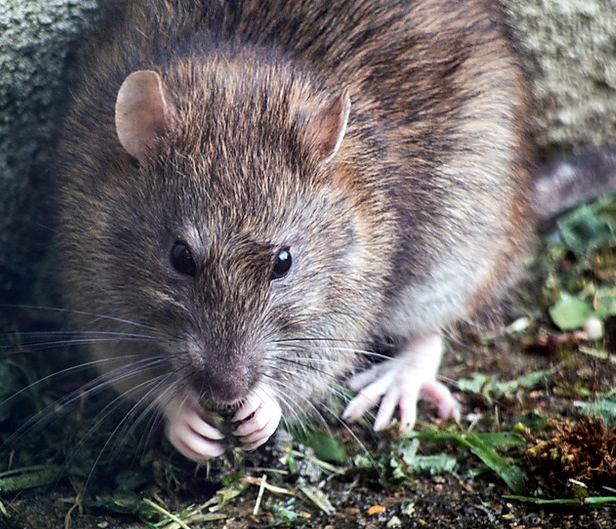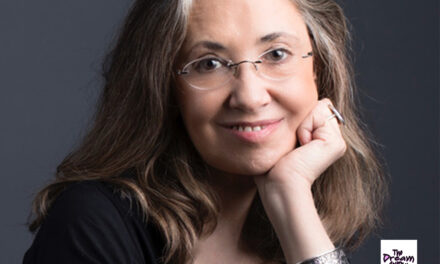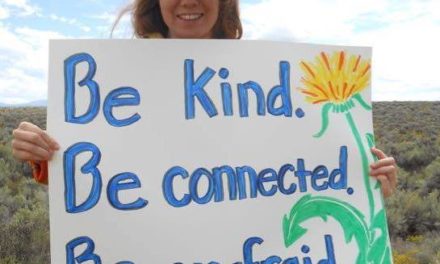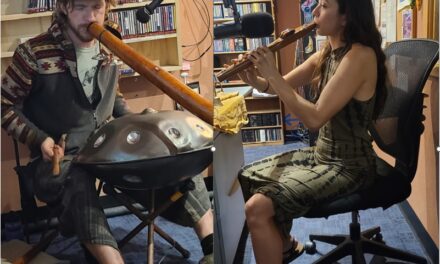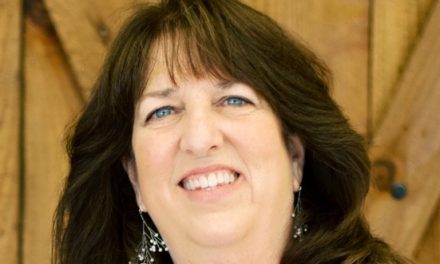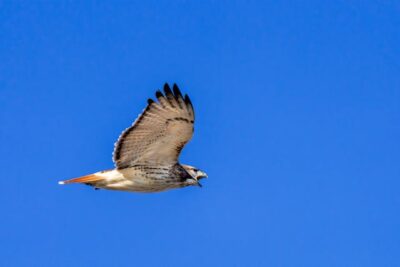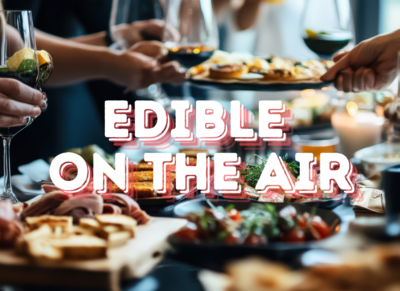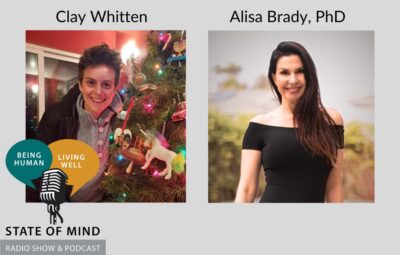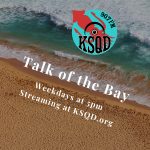
All of us living upon this Earth have had our lives increased by the actions of those who have asked themselves, “What can I do?” and then answered that question with action.
On Talk of the Bay, June 30, 2020 Christine Barrington interviews two very different answers to this question related particularly to what one can do to honor and protect life on Earth.
Rebecca Dmytryk of Humane Wildlife Control is a passionate advocate for protecting wildlife from human harm due to toxic control methods that are unnecessary and cruelly damaging. Rodenticides in particular create tremendous suffering, collaterally killing bobcats, coyotes, owls, hawks, snakes and all animals who depend upon rodents as a food source. Tremendous efforts have been made by the rodenticide industry to mislead the public into believing these collateral costs do not take place. Rebecca shares with our listeners the latest in the battle to outlaw these harmful agents, as well as providing people with humane and doable options for reducing the negative impacts of critters. Rebecca regularly picks up Bobcats and Coyotes suffering tremendously from ingesting these compounds. Give a listen and learn how you can be part of creating a more humane world for the creatures who live alongside us.
On the second half of the show our focus shifts from on-the-ground get-involved activism to the poetic and artful writing of Marilyn DuHamel’s Earth Dialogues. After the 2016 election and the resulting steady rollback of sound environmental policies that protect land, sea, and air, Marilyn felt a growing inner devastation and need to act. As a writer and a healer, she decided to reach out to the world with words, imagery, and sound* naming her blog Earth Dialogues to suggest different layers of conversation: dialogue between humans, dialogue internally with self, dialogue with other species, dialogue with the land.
The destruction of the environment is a consequence of a lack of relatedness with all living things. In order to face the rising consequences of this lack of kinship, relationships are necessary, as Marilyn reflects: “As an introvert, I happily witness beauty alone, but I cannot sustain bearing witness to the destruction of what I love by myself. It is too brutal, too lonely….To find a new way, as habitats decline and the seas rise around us, we need maternal tenderness, the dream state, the language of flesh, and especially a shared boat that looks more like a cradle than a battleship.”
Reading the essays of Earth Dialogues is to be drawn into this realm of maternal tenderness and the shared boat that can cradle our hearts as we face the rising seas.
*You can also enjoy hearing the voice of Marilyn reading many of her essays on her website, further emphasizing the aspect of “conversation” between the Earth and each other.
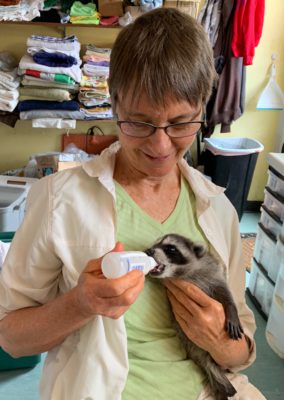
Marilyn DuHamel at Native Animal Rescue

